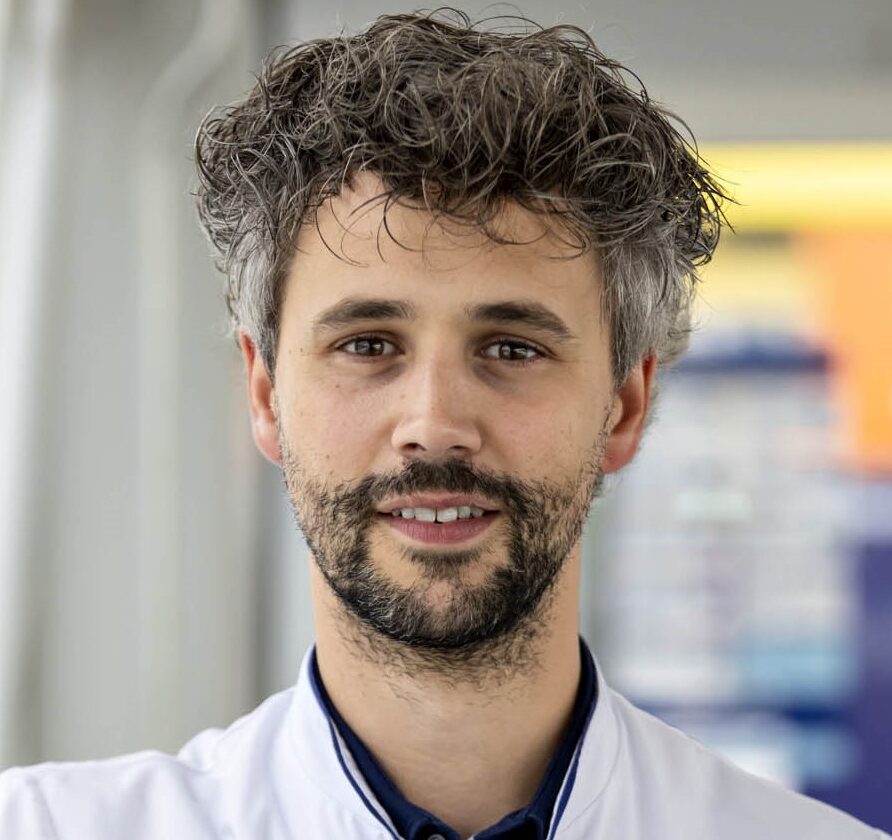Project title: Biopsy specimen molecular stratification of metastatic pulmonary carcinoid
Jules Derks, MD, PhD Maastricht University

- Status: Active
- Year(s): 2022
- Grant Type: Mentored
- Research Type: Translational
- Primary Tumor Site: Lung
- Area of Inquiry: Biomarker, histopathology
Description
Dr. Derks will use state-of-the-art information on molecular subtypes in pulmonary carcinoid and work to translate this knowledge toward daily clinical practice in patients suffering with disseminated disease that has spread.
What critical NET problem/question will researchers try to answer?
Dr. Derks and his research team will explore whether it is possible to apply identified molecular subtypes in patients with disseminated pulmonary carcinoid disease. They will also investigate how common these subtypes are and whether they can be used to predict responses to different treatments and disease outcomes.
Why is this important?
Establishing a diagnosis in pulmonary carcinoid tumors based on a biopsy specimen is challenging and may affect the choice of treatment. Improving diagnostic capabilities on small tumor samples, combined with new molecular insights, may aid a clinician in providing the best treatment and improving the outcome for a patient.
What will the researchers do?
Dr. Derks will apply a combination of biomarkers to identify molecularly classified pulmonary carcinoid subtypes in patients who have disseminated disease. These biomarkers are applicable to small tumor samples. The research team will then evaluate patients’ treatments and outcomes for each identified subtype. Finally, they will establish an exploratory prediction model.
How might this improve treatment of NETs?
If the results of the study illuminate the further potential of the combination of biomarkers, this approach may help to pave the way toward tailored therapy in patients who have disseminated pulmonary carcinoid disease.
What is the next step?
In this study Dr. Derks and his team will provide insight into the different molecular subtypes in disseminated disease. Potential treatment response signals may be used to develop prospective studies that investigate biomarker-based drug treatment combinations.
Additional Details
- City: Maastricht
- Country: Netherlands
- Grant Duration: 2 years
DISCLAIMER
NETRF funds laboratory research to understand the development of neuroendocrine tumors and translational research to explore new concepts in treatment. Research grant descriptions and research updates from NETRF are not intended to serve as medical advice. It can take years for research discoveries to be fully validated and approved for patient care. Always consult your health care providers about your treatment options.
